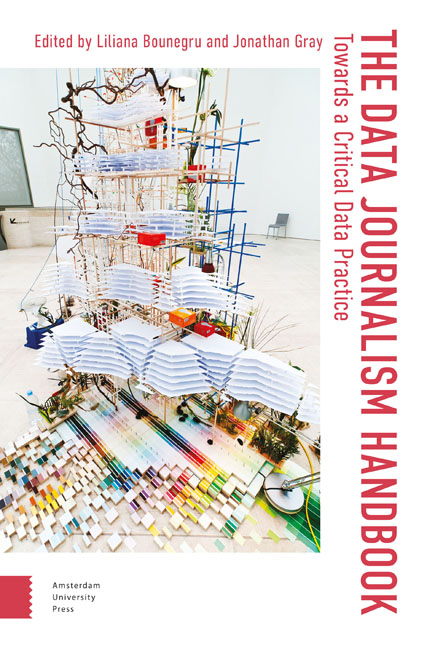3 - Multiplying Memories while Discovering Trees in Bogotá
Summary
Abstract
How we used data about trees to create memories, promote transparency and include citizens in storytelling in Bogota, Colombia.
Keywords: data journalism, citizenship, transparency, open government, multimodal storytelling, trees
Bogota holds almost 16% of the population of Colombia in just 1,775 km2. You get the idea; it is crowded and furious. But it is also a green city, surrounded by mountains and inhabited by many species of trees. Most of the time, trees go unnoticed by its residents in the midst of their daily lives. Or at least that is what happened to the members of our data team, except for one of our coders. She loves trees and can't walk down the street without noticing them. She knows all the species and the facts about them. Her love for nature in the midst of the chaos of the city is what got us thinking: Has anybody, ever, talked about the trees that are planted all over town?
And that simple question was the catalyst for so many others: What do we know about them? Who is in charge of taking care of them? Are they helping to clean the city's pollution? Do we need more trees in the city? Is it true that only the rich neighbourhoods have tall trees? Are there any historical trees in town?
We began our investigation aiming to do two different things: Firstly, to connect citizens with the green giants they see every day; and secondly, to understand the reality of the city's tree planting and conservation plans.
To do so, we analyzed the urban census of tree planting in Bogota that the Botanical Garden conducted in 2007, the only set of information available, and which is updated every month. The Botanical Garden refused to give us the full data even after we submitted multiple freedom of information requests filled with legal arguments. Their position was simple: The data was already available in their DataViz portal. Our argument: You can only download 10,000 entries and the database is made up of 1.2 million entries. It's public data, just give it to us! Their answer: We won't give it to you but we will improve our app so you can download 50,000 entries.
- Type
- Chapter
- Information
- The Data Journalism HandbookTowards A Critical Data Practice, pp. 34 - 36Publisher: Amsterdam University PressPrint publication year: 2021



